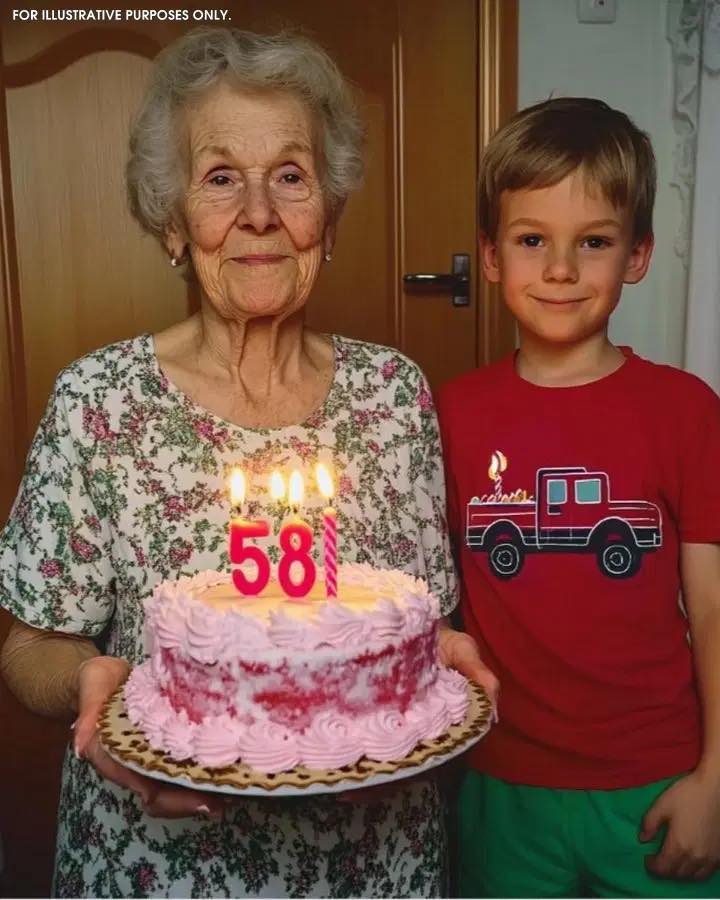
My son, Leo, has the kindest heart of anyone I know. He notices the little things—the details most people overlook. So when he overheard our elderly neighbor, Mrs. Patterson, casually mentioning to the mailman that her birthday was coming up, he turned to me with urgency in his eyes.
“We have to do something for her,” he insisted.
I hesitated. We weren’t particularly close to Mrs. Patterson. She was quiet and reserved, and I wasn’t sure if she would even want a surprise. But Leo was determined.
“Mom, everyone deserves a birthday cake.”
So, we got to work. We baked a simple chocolate cake, a little lopsided but filled with love. Leo drew a birthday card, decorating it with a big sun and stick figures of the three of us. Just before dinner, we knocked on her door.
At first, there was no response. Leo shifted nervously, looking disappointed. But just as we were about to turn back, the door creaked open. Mrs. Patterson stood there, peering at us through her thick glasses.
Leo beamed. “Happy Birthday!” he exclaimed, holding out the cake.
For a moment, she just stared at us. Then, her eyes welled with tears.
“You remembered…” she whispered.
I was about to respond, but she gently took the cake, holding it as though it were something precious. “I haven’t had a birthday cake in over twenty years,” she said softly.
Leo’s face lit up. “Well, you do now!”
She invited us inside. Her home was quiet, filled with knickknacks and fading photographs, each with a story of its own. We sat together in her small kitchen, the three of us sharing slices of cake and laughter. She told Leo about her childhood dog, about the time she met her husband at a summer dance, and how she used to love baking before arthritis made it too hard.
Before we left, she hugged Leo tightly and looked me in the eye.
“Thank you—for raising such a thoughtful boy.”
As we walked home, Leo reached up and took my hand. “I think that was her best birthday ever,” he said.
I smiled, blinking back tears. “I think you’re right.”
A few days later, Mrs. Patterson knocked on our door. Leo rushed to answer it, his face lighting up the moment he saw her.
She held out a small box wrapped in floral paper. “This is for you,” she said shyly.
Leo’s eyes widened. “For me?”
She nodded. “A little thank-you. I found it in a drawer the other day—something I thought you might like.”
Inside was a tiny wooden figurine of a fox, worn smooth with time. “It used to belong to my son,” she said, her voice catching slightly. “He loved animals, too.”
Leo held it gently, as though afraid it might break. “I’ll take good care of it,” he promised.
From that day on, Leo began visiting her every week. Sometimes they played cards, other times he simply listened as she told him stories of her past—stories no one else had heard in years. He even started bringing her little gifts: a drawing of a bluebird, a flower he picked from the park, a locket he made from string and beads.
Mrs. Patterson seemed to come alive with Leo around. Her laughter returned, lighter and more frequent. She started baking again, even if her hands ached, determined to teach him how to make her famous oatmeal cookies.
One rainy afternoon, as they sat near the window watching the storm roll in, she said, “You know, Leo, I used to think my days of surprises and joy were long over. But then you knocked on my door with that crooked little cake.”
Leo grinned. “It wasn’t that crooked!”
She laughed, the sound warm and full. “No, sweetheart. It was perfect.”
And in that quiet moment, as thunder echoed in the distance and the smell of cookies filled the air, I realized something beautiful: Leo hadn’t just given her a birthday. He’d given her a reason to keep looking forward to the next one.
I never expected much from birthdays anymore. Not since my son passed. The world had gotten quieter since then, the kind of quiet that lingers too long after everyone else has left the party.
So when I heard the knock at my door that evening, I nearly didn’t answer. I assumed it was a package, or maybe someone trying to sell me something I didn’t need. But something—maybe curiosity, or maybe the ache of that particular date—made me get up.
And there they were.
That boy, Leo, with his wide smile and a cake in both hands, and his mother, standing just behind him with an unsure but gentle expression. I couldn’t speak at first. My heart was caught somewhere between shock and something I hadn’t felt in a long time: warmth.
“Happy Birthday!” he said, like I mattered.
It wasn’t just the cake. It was the way he looked at me, as though I were someone worth celebrating.
After they left, I sat at my table and stared at the card he’d made. A sun, some wobbly stick figures—one of them clearly meant to be me. I traced my fingers over the crayon lines and cried harder than I had in years. Not from sadness, but from the sheer weight of feeling seen again.
The following week, when he came back—uninvited but more than welcome—I felt something shift. The house didn’t seem as still. The air didn’t feel quite so heavy.
He reminded me of my own son. The same curiosity, the same heart. So I gave Leo the little wooden fox, the one my boy carved in fourth grade. It had sat in my drawer for so long, it had almost forgotten it was once loved. But Leo brought it back to life, just like he had with me.
Each visit with him chipped away at the loneliness. We made cookies. We played card games I hadn’t touched in decades. I told him stories I hadn’t told anyone—about childhood, about love, about losing. He listened like every word mattered. And when I laughed, he laughed with me—not out of politeness, but like he meant it.
One rainy day, I found myself telling him something I didn’t even know I needed to say:
“You brought joy back into this house, Leo. Into my life.”
He gave me a crooked little grin. “It’s the cake, isn’t it?”
I chuckled. “No, sweetheart. It’s you.”
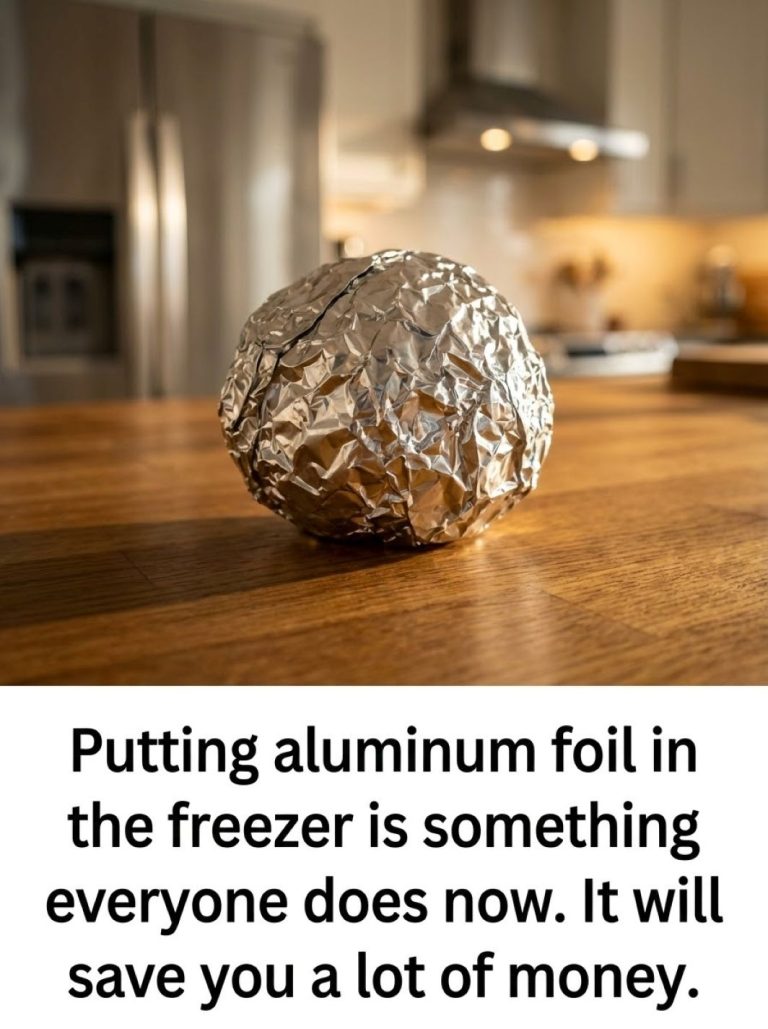
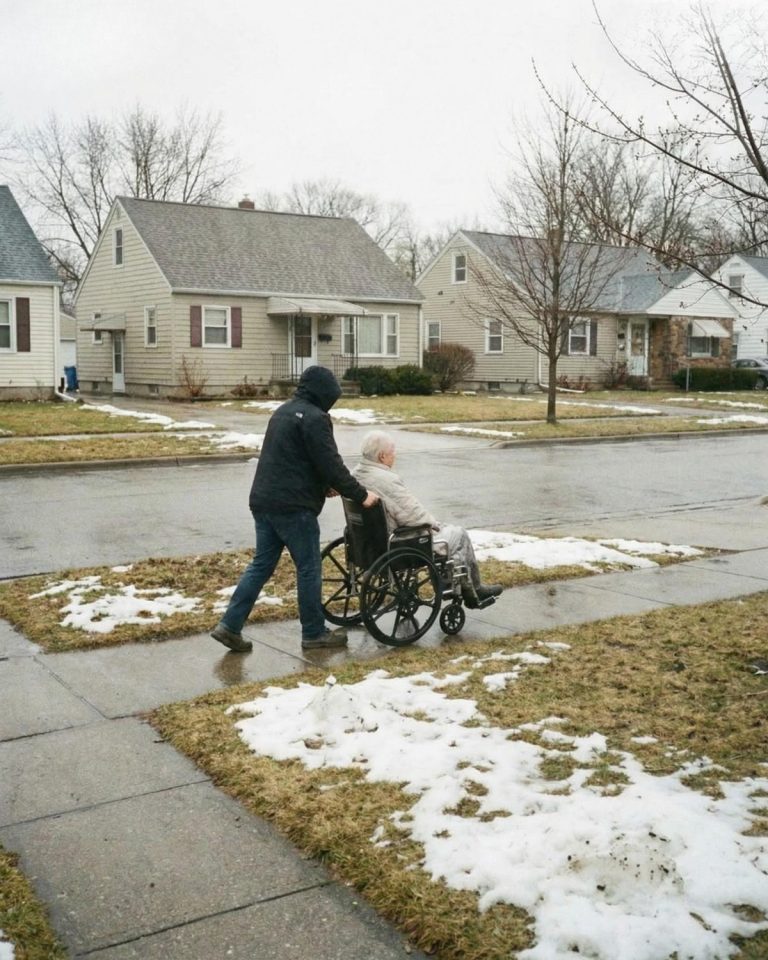
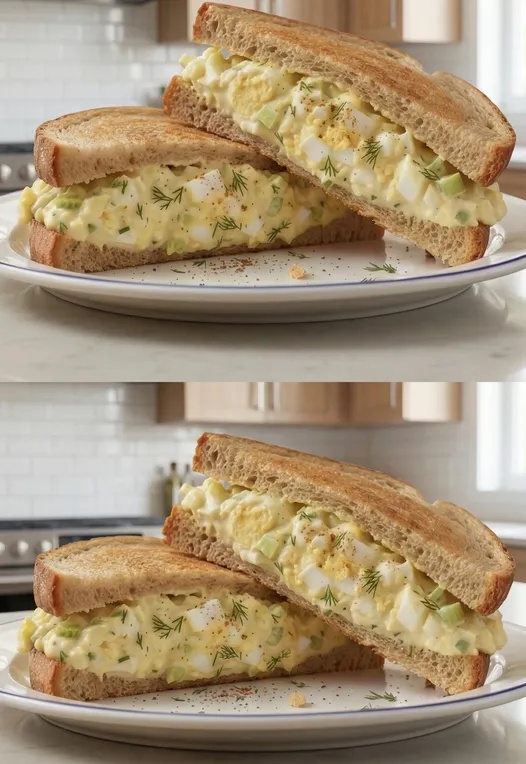
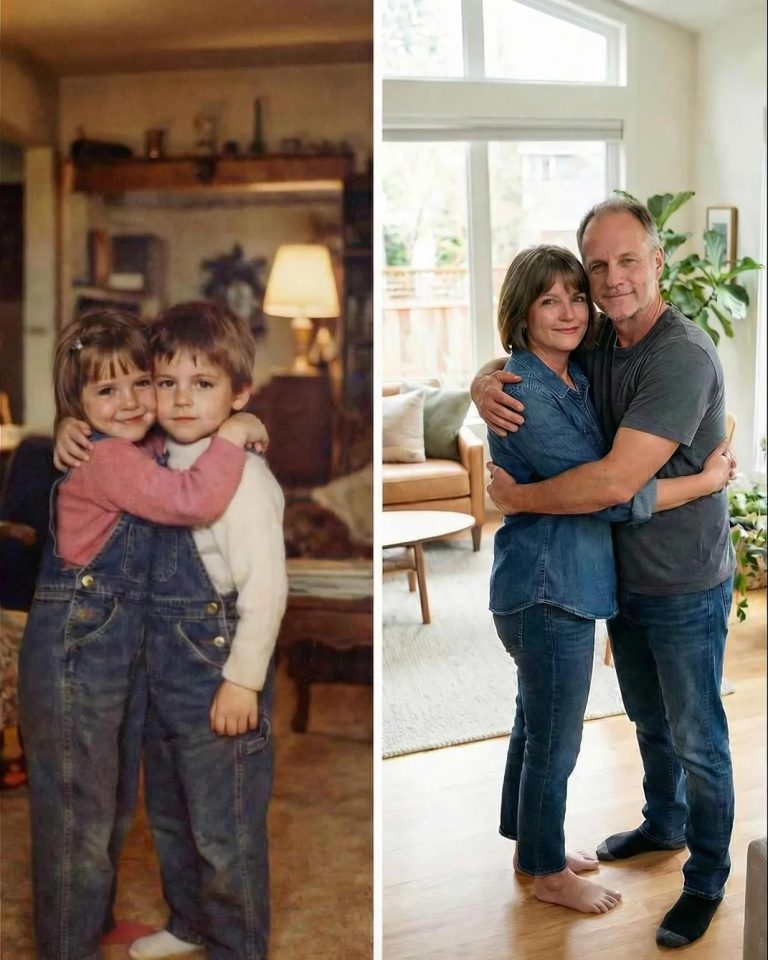
1 thought on “My 8-Year-Old Son Insisted That We Surprise Our Neighbor for Her Birthday—We Never Expected Her Reaction.”